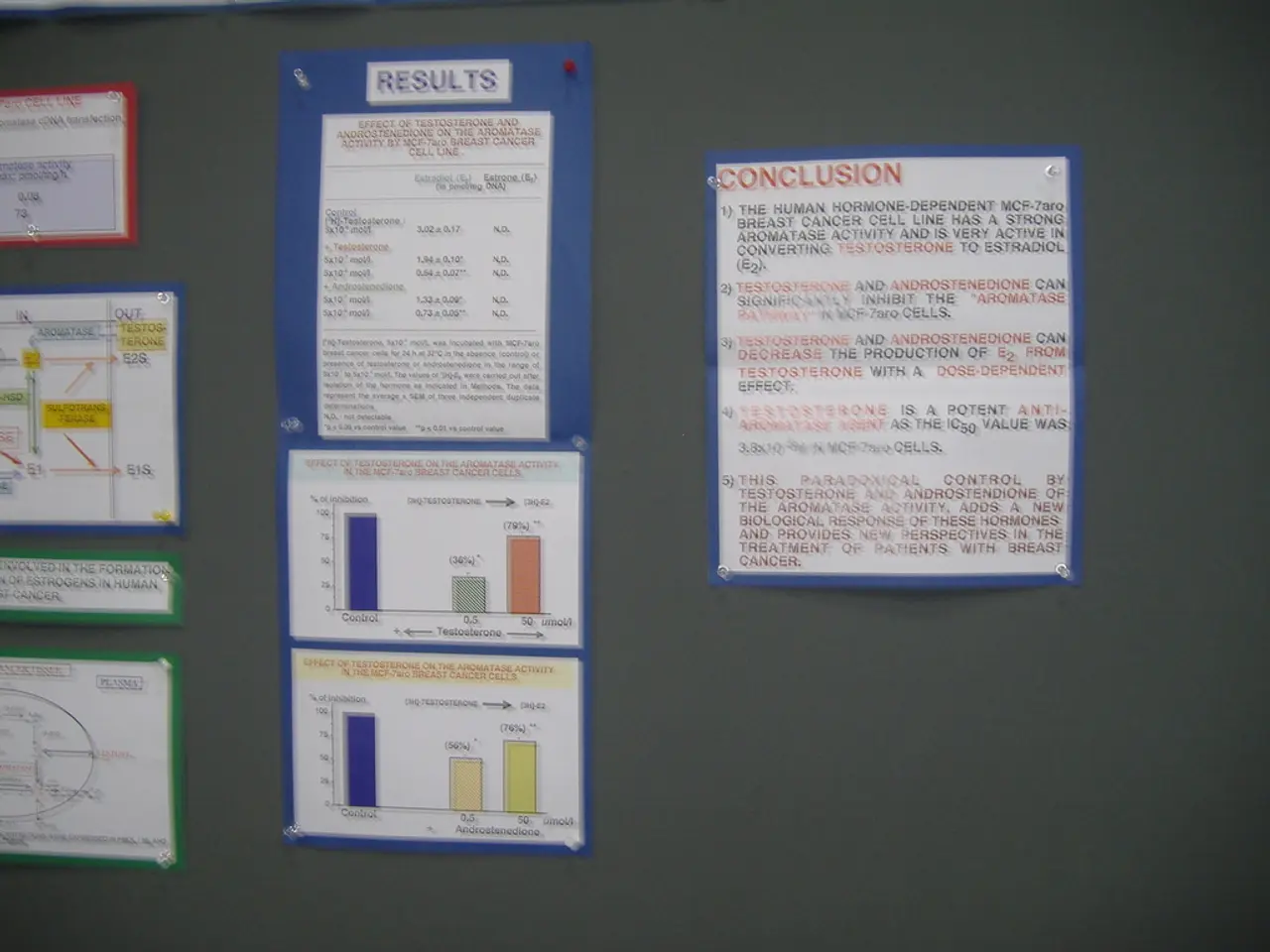SEBI Chief Clarifies Role in IPOs and Pushes for Stronger Sustainability Reports
Tuhin Kanta Pandey, Chairman of the Securities and Exchange Board of India (SEBI), has clarified the regulator's role in Initial Public Offerings (IPOs) and Business Responsibility and Sustainability Report (BRSR) disclosures. He spoke about the growing adoption of BRSR and the regulator's stance on IPO valuations.
Pandey stated that SEBI's role in IPOs is to ensure transparency and full disclosures, not to influence valuations. He said, 'IPO pricing is determined by market dynamics, not Sebi.'
Regarding BRSR, over 1,200 companies are voluntarily adopting the reporting framework, with 1,000 listed entities mandated to do so. Pandey highlighted the role of SEBI and its chairman, Sebi, in ensuring robust disclosures, including mandated font size and comparative data. He dismissed the idea of uniform BRSR standards, calling India's framework 'fairly robust' and tailored to local needs. The BRSR reporting includes 46 parameters subject to assurance or assessment, with a gradual rollout planned.
Pandey's statements clarify SEBI's role in IPOs and BRSR, emphasizing transparency and market-driven pricing. The growing adoption of BRSR shows companies' commitment to sustainability reporting, with SEBI's guidance ensuring robust and relevant disclosures.
Read also:
- American teenagers taking up farming roles previously filled by immigrants, a concept revisited from 1965's labor market shift.
- Weekly affairs in the German Federal Parliament (Bundestag)
- Landslide claims seven lives, injures six individuals while they work to restore a water channel in the northern region of Pakistan
- Escalating conflict in Sudan has prompted the United Nations to announce a critical gender crisis, highlighting the disproportionate impact of the ongoing violence on women and girls.






